Assessment in PBL focuses on student learning outcomes from "summary" of The Power of Problem-based Learning by Barbara J. Duch,Susan E. Groh,Deborah E. Allen
Assessment in problem-based learning (PBL) is designed to measure student learning outcomes. It is important to understand that assessment in PBL is not just about grading or evaluating student performance, but rather about gauging the effectiveness of the learning process itself. The focus is on what students have actually learned and how well they have mastered the content and skills that were targeted in the PBL experience. In PBL, assessment is closely aligned with the learning objectives and goals that have been set for a particular problem or project. This means that assessments are designed to measure specific, predetermined outcomes that reflect what students are expected to know and be able to do as a result of engaging in the PBL process. By focusing on student learning outcomes, assessment in PBL ensures that students are held accountable for achieving the desired educational goals. Assessment in PBL is authentic and meaningful, as it requires students to apply their knowledge and skills in real-world contexts. This type of assessment goes beyond mere memorization of facts or regurgitation of information; instead, it demands that students demonstrate their understanding and ability to think critically, solve problems, and communicate effectively. Through authentic assessment, students are able to showcase their mastery of the material in a way that is relevant and applicable to their future academic and professional endeavors. Furthermore, assessment in PBL is ongoing and formative, providing students with regular feedback on their progress and performance. This continuous assessment allows students to monitor their own learning, identify areas where they may need additional support or improvement, and make adjustments as needed to enhance their understanding and skills. By incorporating formative assessment into the PBL process, educators can support students in their learning journey and help them achieve their full potential.- Assessment in PBL is a critical component of the learning process that focuses on student learning outcomes. By aligning assessments with specific learning objectives, emphasizing authenticity and relevance, and providing ongoing feedback and support, educators can ensure that students are actively engaged in their own learning and are able to demonstrate their knowledge and skills in a meaningful way.
Similar Posts
Concepts are built on existing schemas
When you learn something new, you don't start from scratch. Instead, you build on what you already know. Your brain is like a p...
Education is more effective when students actively participate in their learning
The idea that students learn best when they are actively engaged in the learning process is a central theme in "Learning by Doi...
The power of PBL lies in its transformative impact on students
Problem-based learning (PBL) is a teaching methodology that has the potential to truly transform students’ learning experiences...
Facilitate discussions and promote critical thinking skills
Facilitating discussions and promoting critical thinking skills is essential in a blended learning environment. By encouraging ...

Engage in ongoing professional learning to improve assessment practices
Continuous growth is vital for educators looking to refine their assessment practices. This growth is achieved through ongoing ...

Emphasize process over product in assessment practices
When we talk about emphasizing process over product in assessment practices, we are shifting our focus from the end result to h...
Effective teaching requires careful planning
Careful planning is a key ingredient in effective teaching. This means that teachers need to think ahead about what they are go...

Embrace a growth mindset in assessment practices
When it comes to assessment practices, it is crucial to approach them with a growth mindset. This means viewing assessment as a...
Reflection is key in PBL to enhance learning
Reflection plays a crucial role in problem-based learning (PBL) by providing students with the opportunity to engage in metacog...

